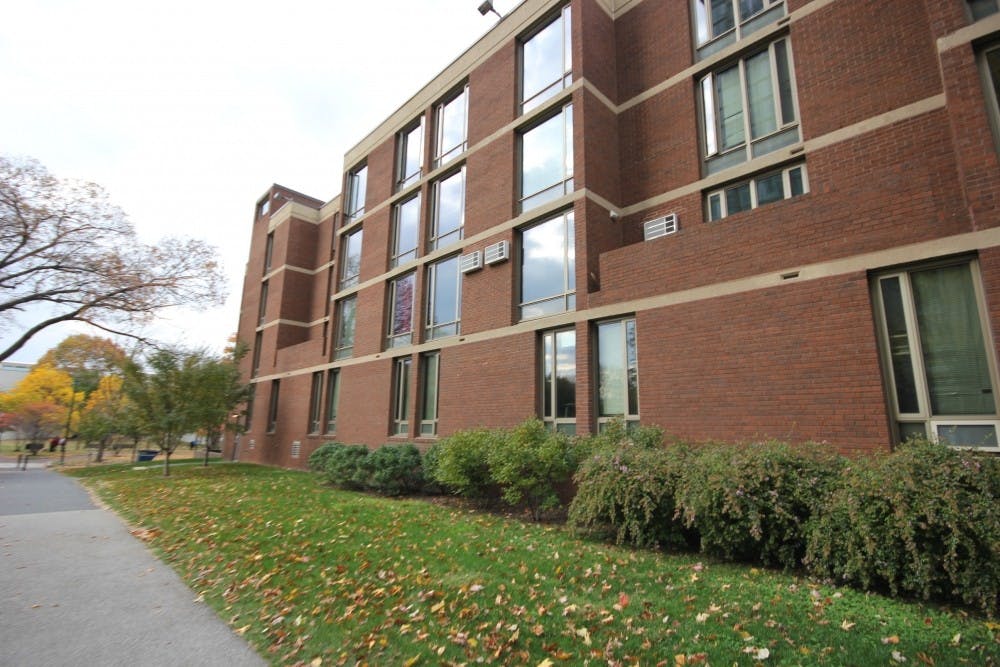
// File Photo
Students packed into Du Bois College House to eat, dance, sing, perform and watch skits on Tuesday afternoon.
The African Languages & Culture Day hosted by the Department of Africana Studies gave students the opportunity to celebrate the cultures associated with languages taught on campus.
The African Languages Program has gotten bigger in recent years, with Malagasy — the principal language spoken in Madagascar — added as another option to study in 2013.
Matthew Winterton, a 2015 School of Medicine graduate and current Malagasy instructor, spent two years as a missionary in Madagascar, where he learned the language.
While he was in medical school, his friend who spoke Malagasy needed to fulfill a language requirement. Winterton helped administer his friend's exam — and then helped start the Malagasy program.
“It’s an ever-growing program,” he said. “The program had grown from a single class to five classes” since its start.
Audrey Mbeje, the director of the African Language Program and a Zulu instructor, also said the number of students taking African language classes is growing. She added that there were 285 students enrolled in the classes this academic year.
Mbeje emphasized that learning languages is valuable not only for students within the humanities, but for professional students such as medical and business students as well.
“It gives them insight about the countries that they are interested in,” she said, adding that she teaches a class about African languages and cultures.
Medical student Hattie Huston-Paterson, who studies Zulu as part of an African Studies fellowship, said she started learning the language because she wants to practice medicine in South Africa.
Mbeje said that learning about both language and culture can especially benefit students like Huston-Paterson.
She said that among Zulu speakers there is often a different culture surrounding privacy, so it is important for medical professionals to know that patients may bring others with them to see a doctor. “In collaborative cultures, people come together," she added.
Paulos Negusse, an instructor of Amharic and Tigrinya, also stressed the significance of cultural understanding when going to another country. When people in Eritrea and Ethiopia — where people speak Amharic — eat with their hands, they “cannot eat with [their] left hand because it is considered impolite,” he said.
The culture course Mbeje teaches is intended to give students this kind of background knowledge about a culture before they engage with it.
“It helps them in whatever discipline they are pursuing,” she said.
The Daily Pennsylvanian is an independent, student-run newspaper. Please consider making a donation to support the coverage that shapes the University. Your generosity ensures a future of strong journalism at Penn.
Donate






